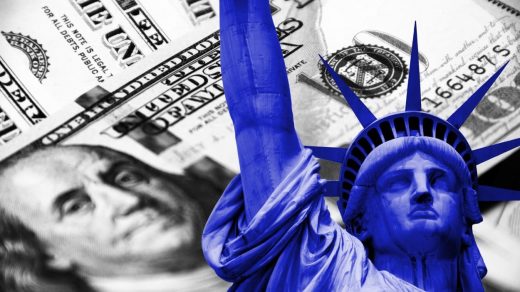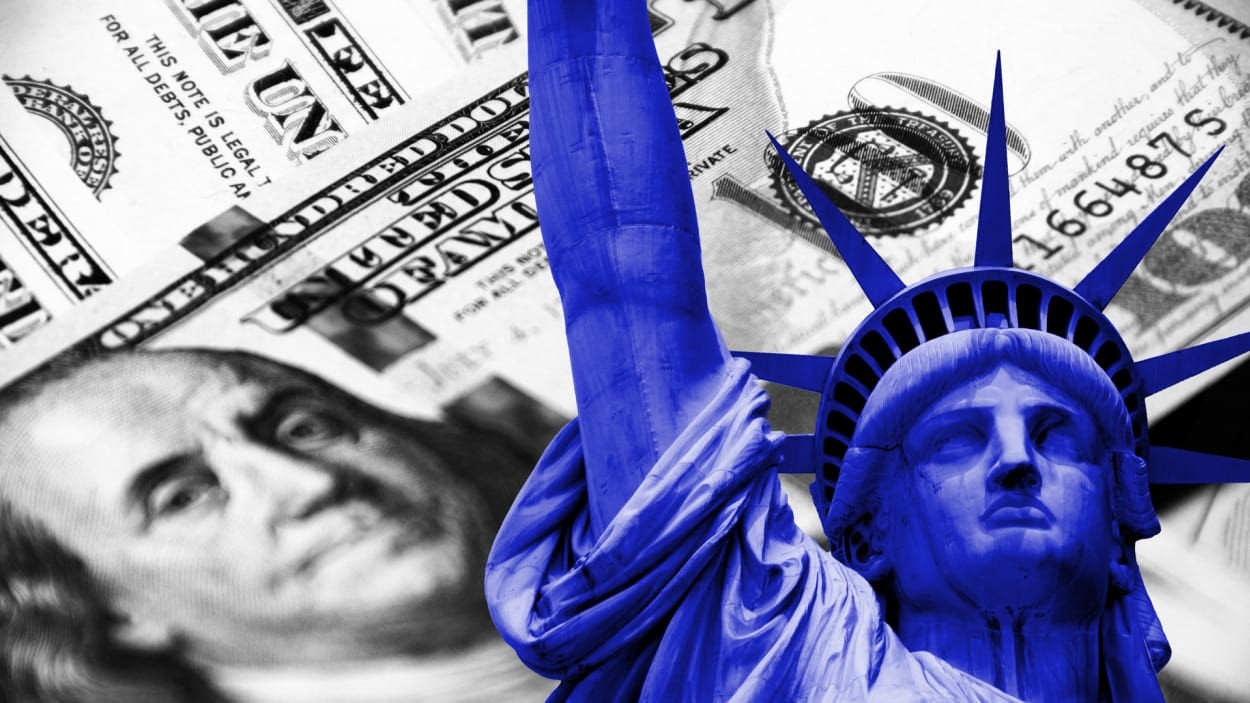New York’s LLC transparency bill would unmask wealthy real estate owners’ identities
The complicated and opaque real estate market in New York could soon get a serious shake-up, assuming Governor Kathy Hochul signs a bill designed to provide a little more insight into who—or what—is purchasing property in the state.
The LLC Transparency Act, which passed the New York State Assembly in late June, is awaiting Hochul’s signature in Albany, officially making it law. The bill’s primary aim is to unmask the owners of LLCs: business entities created and used to purchase property around the state (but perhaps most often in New York City). Often, LLCs can be used to hide their owners’ identities from the public, potentially allowing bad actors to launder money or engage in other quasi-legal activity. Others—like celebrities or other wealthy individuals—may use LLCs because they would rather keep their name out of the news.
Effectively, using an LLC to purchase real estate makes the purchaser anonymous, and if the bill were to become law, LLCs would be required to disclose their owners and create a searchable public database containing those names.
“Anonymous corporate ownership has proliferated since the 1990s and has contributed to numerous problems. Anonymous shell companies are used to bypass sanctions, avoid taxes, fund terrorist organizations and organized crime, and launder money,” the text of the bill reads. “Anonymous LLCs leasing real property are correlated with more numerous code violations, higher rents, and more evictions compared to non-corporate owners. Drug and human traffickers use anonymous shell companies like LLCs to launder the proceeds of their criminal activities and evade detection. Deed theft, campaign finance violations, and bid rigging can be facilitated by anonymous LLCs,” it says.
To put it another way, it’s possible that someone with money laundering aims could form an LLC, purchase a high-priced Manhattan property, and simply leave it vacant—preserving and hiding the money from prying eyes. Then, they could sell the property off to another LLC (possibly, one they also own a stake in), thereby “washing” the funds. This is the type of hypothetical situation the law is seeking to stymie.
Opponents of the bill worry that property owners’ privacy could be violated as a result of the bill becoming law. It’s also possible that those wishing to buy a property and conceal their identities will simply find another way to do it.
Even so, there are similar laws on the books that take aim at the same issue. For example, the federal Corporate Transparency Act, which was passed in 2020, requires that certain legal entities (such as LLCs) file reports with the Financial Crimes Enforcement Network (FinCen)—part of the Treasury Department tasked with fighting financial crime—complete with identifying information about their owners. New York’s proposed law takes things a step further and creates a searchable database containing that information.
Internationally, there are more than 100 countries with similar laws.
It’s unclear, at this point, if Hochul plans to sign the bill into law. If she does, however, it’s still debatable as to how effective it would be. The penalty for failing to comply is a measly $250 fine—after a little more than two years of noncompliance. For some people, it’s reasonable to think that paying a piddly little fine is far preferable to revealing their identities.
(9)



